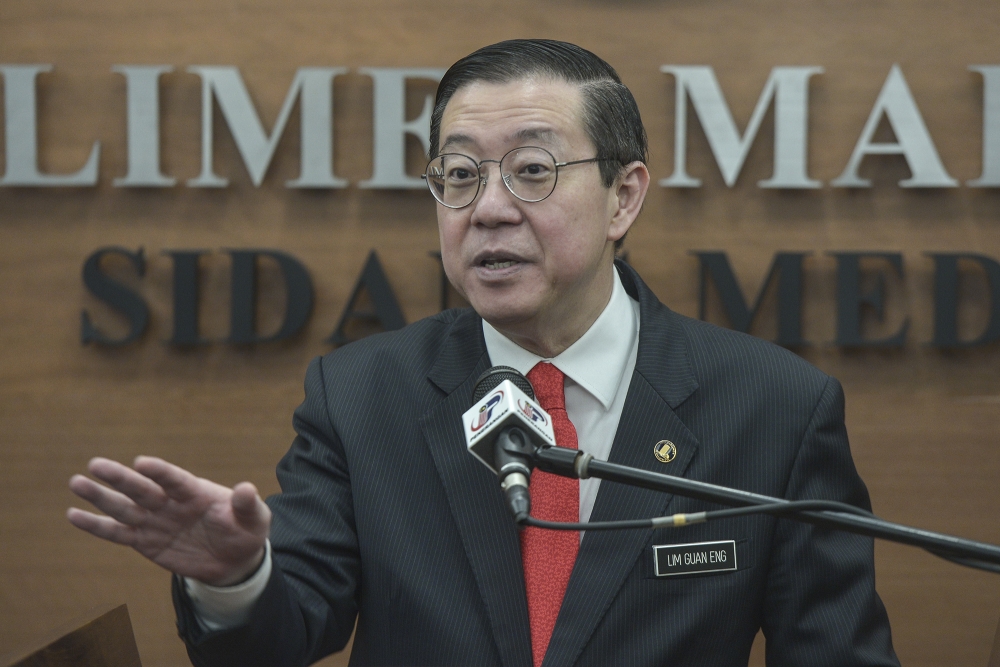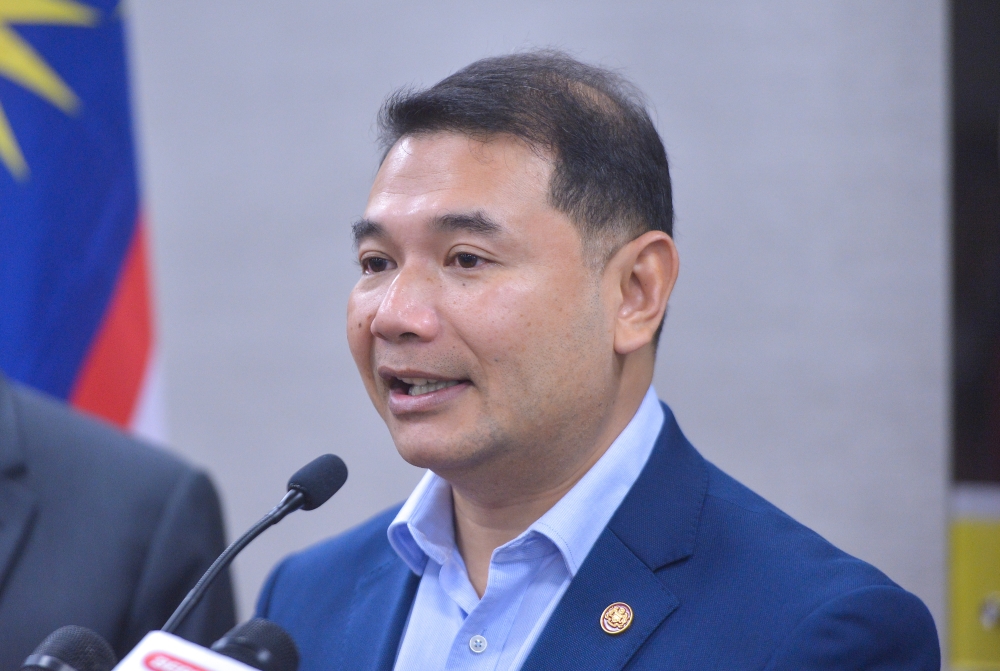KUALA LUMPUR, March 14 — Minister of Economy Rafizi Ramli launched the fifth edition of the quinquennial Economic Census today with the hope that it would empower micro, small and medium enterprises (MSMEs) with free granular data, as the new government continues with its drive to open up information previously accessible only to it.
The 2023 edition of the census will begin its survey in April this year involving five economic sectors and over 1,100 industries end in September. The Department of Statistics of Malaysia said it expects to collect data from over a million businesses.
The census would end in September this year, with the data expected to be released in phases starting April 2024.
The census is important because it provides crucial data that gives business owners the power to make acurate decisions and spur innovation among small and micro firms, Rafizi said in a speech to launch the census at Sasana Kijang here.
“When we share these government data there are two goals; the first is that more members of the public and industries can benefit from them,” the minister said.
“Second is that we hope this would boost innovation (among businesses) that is data-driven.”
But ultimately the census will be most useful to policymakers.
Rafizi said the fifth edition, alongside other crucial censuses like income, will provide more granularity, giving decision-makers key information that could make policy intervention much more targeted and insights that would allow them to evaluate programmes, which was previously lacking.
“With the data from the census it gives us the ability to really understand the state of things... these (census) reports are important because they will lay the foundation for the government to formulate policies and programmes,” he said.
“If before data was just used to formulate policies, today we need the data to be more granular so that we can also determine the effectiveness as well as the equitability of a particular policy.
“To know if we’ve actually helped the poor or those who actually need our support,” the minister added.
DOSM had previously charged a fee for the data but that changed after Rafizi took over the economy portfolio.
The Pandan MP has made access to data a mainstay of his economic planning, and was instrumental in the setting up of OpenDOSM, a free website that shares detailed data on a user-friendly interface.


















